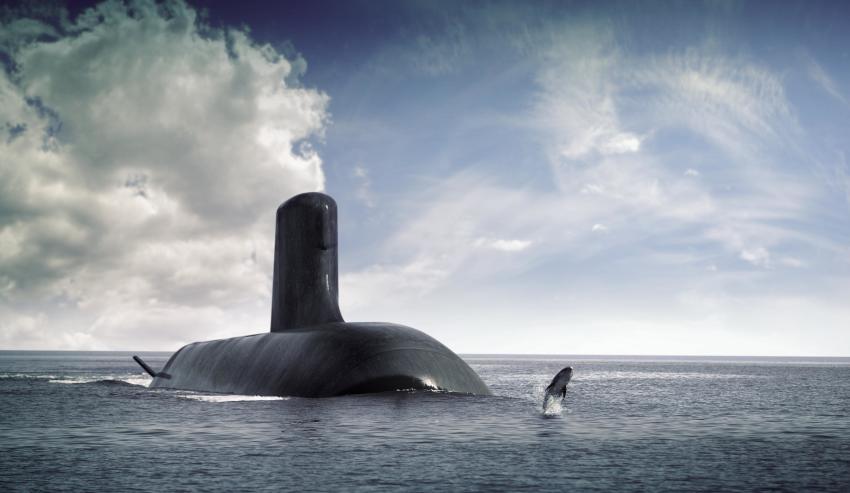The joint standing committee on treaties has released the findings of a report detailing reviews and recommendations to support Australia’s Future Submarine Program (FSP).
To continue reading the rest of this article, please log in.
Create free account to get unlimited news articles and more!
The report contained the committee's review of two separate treaty actions between the Australian and French governments; the Cooperation on the Future Submarine Program framework agreement and the Exchange and Reciprocal Protection of Classified Information agreement.
The committee has put forward five recommendations:
1) The committee recommends that the Department of Defence ensures that the full lessons from the design, acquisition and sustainment of the Collins Class Submarine are learned, in particular, to ensure that the intellectual property is appropriately managed to maintain Australia’s sovereign operation of the Future Submarine. The committee requests that the DoD provides a report back to the committee during the 2018 winter sittings of Parliament on the progress of obtaining the necessary intellectual property and its ongoing management, and in relation to the contractual and other arrangements that will secure maximal opportunities for Australian industry involvement.
2) In reference to Article 13(2)(b), the committee recommends the government seeks to ensure that the further detailed agreements and arrangements have the effect of allowing Australian companies to bid for work in all phases of the Future Submarine Program on a preferred basis, all other things being equal.
3) The committee supports the framework agreement between the government of Australia and the government of the French Republic concerning Cooperation on the Future Submarine Program and recommends that binding treaty action be taken.
4) The committee recommends that the government bring forward, as a matter of urgency, its work program to connect state and federal law enforcement and judicial information systems with the personnel security clearance systems in order to maximise the information available to the vetting agency to monitor changes in circumstances.
5) The committee supports the agreement between the government of Australia and the government of the French Republic relating to the Exchange and Reciprocal Protection of Classified Information and recommends that binding treaty action be taken.
The main concerns of the committee, outlined in the report, primarily relate to the defence capability acquisition of the Collins Class fleet, which was plagued with problems, and the sharing of classified information between Australia and France.
The report stated, "The committee recommends that the full lessons from previous defence capability acquisitions are learnt, including the importance of obtaining all intellectual property necessary for building and sustaining the Future Submarine."
The lessons referred to by the committee relate to concerns expressed by participants in the hearings who noted that in 1987, when Swedish company Kockums was selected to design and build the Collins Class submarine and integrate a combat system from Rockwell International, the intellectual property that was acquired in the Kockums’ contract was sufficient for construction but did not provide Australia with the necessary rights or information for the sustainment of the fleet.
Cracking problems on the Collins Class were also discovered in the late 1990s and, contrary to the contract, Australia shipped the defective equipment to the US for analysis and advice, resulting in court action by Kockums in 2001.
The committee also said it was alarmed by reports of a leak of classified information by a trusted insider within DCNS, the contractor selected by the Australian government to design and build Australia’s Future Submarine.
In August 2016, it was revealed thousands of documents had been leaked from DCNS containing classified information relating to the design and capability of submarines commissioned by India. The leaked documents allegedly detailed the entire combat capability of the six submarines designed by DCNS for the Indian Navy.
The committee noted concerns about Australia’s current vetting system, both delays in issuing clearances and the integrity of ongoing vetting of clearance holders. In addition to its relevance in relation to security and program management issues, this process has a bearing on the ability of Australian companies and workers to participate in the FSP.
As such, the committee has recommended that the government bring forward as a matter of urgency its work program to connect state and federal law enforcement with personnel security clearance systems to avoid any potential leaks of classified information.

 Login
Login







